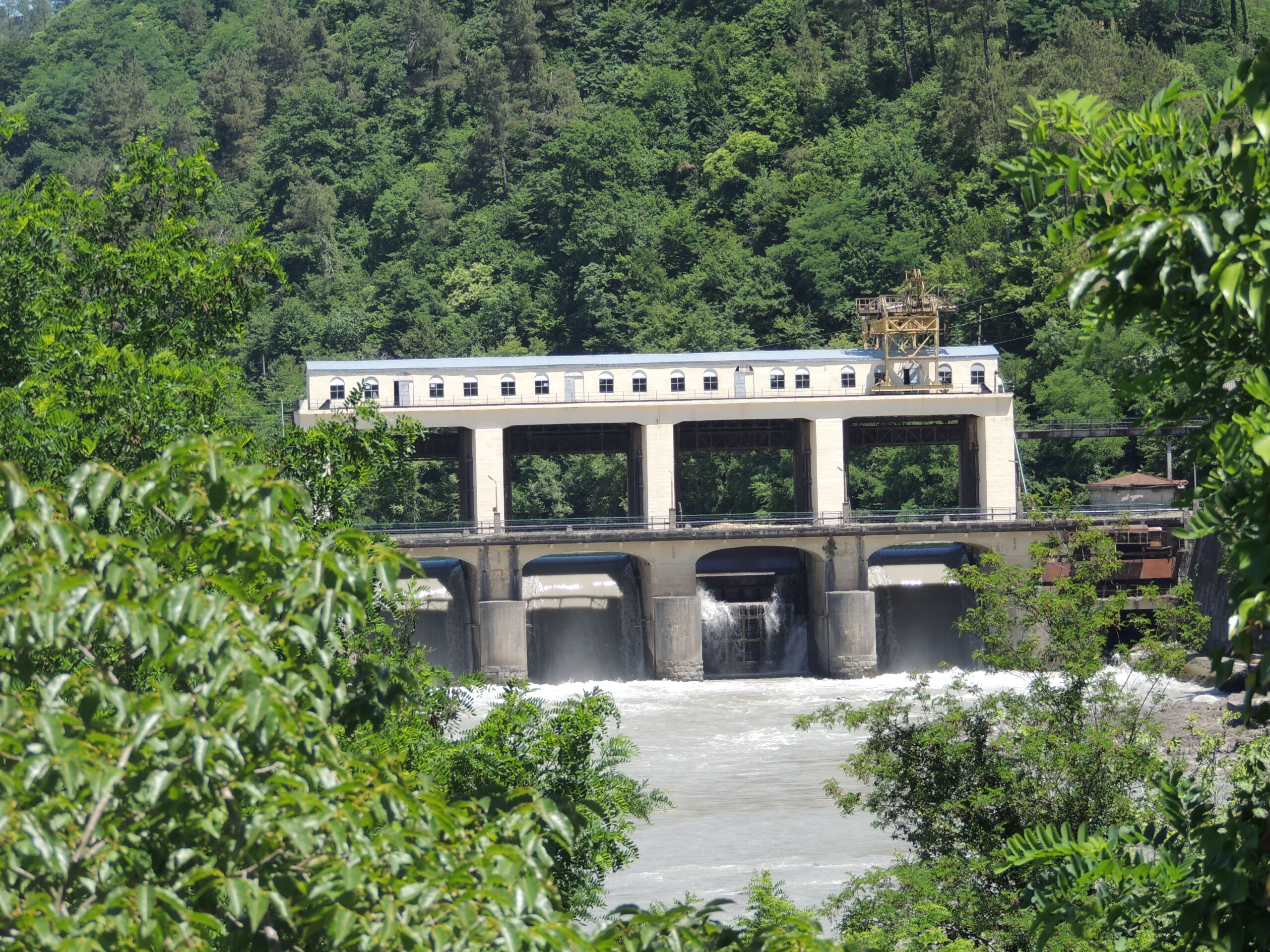Environmental aspects intersect with almost every field of economic or social development. Balancing environmental performance and economic growth is a challenge for various businesses in Georgia, and energy sector is no exception. In a document prepared by the Ministry of Environment Protection and Agriculture of Georgia with the support of the United Nations Development Program (UNDP) and the Government of Sweden: “Fourth National Environmental Action Program of Georgia, 2022 – 2026” assessed the current situation in the field of environmental governance and determined the role of environmental governance in terms of sustainable development of the country. The mentioned issue in the generation sector includes a wide range of activities, such as strict compliance with the requirements of the environmental legislation, implementation of the company’s environmental policy goals, supervision/monitoring of the implementation of activities and analyzing the achievements and/or lags of the obtained results. In order to achieve this task, special attention is paid to the following aspects of environmental protection:
- Prevention of negative impact on the environment (for example, release the environmental water flow (E-Flow) in the river, biodiversity issues, including fish restocking, reducing emissions, using drinking water in need, etc.);
- Waste management (discussed in detail below);
- In terms of environmental governance – environmental protection policy and planning, areas of regulation of environmental protection activities and its control;
- environmental education and awareness raising;
- Development and introduction of environmentally safe technologies
The mentioned requirements fundamentally change and bring to a new stage the energy-ecological issues in the field of energy and, accordingly, the company’s environmental policy, one of the priority areas of which, in addition to waste management, is the introduction of environmentally safe technologies and the adoption of preventive measures to prevent environmental pollution.
In terms of waste management, the main postulates of the company are:
- The company is focused on waste prevention and recycling;
- The company’s waste management plans agreed with the state are focused on the implementation of the hierarchical principle of waste management – in particular, according to the 3R concept, which means relying on 3 actions, namely: Reduce, Reuse, Recycle;
- Implementation of modern methods and technologies, which will reduce the company’s expenses as much as possible in the process of fulfilling the obligations defined by the environmental legislation (including the use of bioremediation method);
- Implementation of hazardous waste management according to waste management plans agreed with the state;
- Based on the principle of “taking preliminary safety measures”, taking measures to prevent the danger caused by waste to the environment;
- Based on the principle of waste prevention (Directive 2008/98/EC on waste) – reducing the amount of generated waste or its hazardous properties;
- In waste management – the use of the best available technologies for the cleaning of abiotic components of the environment, waste recovery or disposal facilities (Directive 2008/98/EC on waste).
JSC “EP Georgia Generation” is well aware of its responsibility towards the environment and society. The company aims to manage water resources wisely and produce clean renewable energy that is in harmony with the environment. The projects developed by the company for generation facilities fully meet environmental requirements in accordance with modern standards. According to the EU Water Framework Directive, in order to achieve “good water status” in all rivers, each HPP is equipped with environmental water flow monitoring stations, so that during the operation of the HPPs, the release of a certain amount of environmental (ecological) water flow which ensures the stability of the water flora and fauna due to the presence of the dam on the undrained section of the river, should be taken into account.


